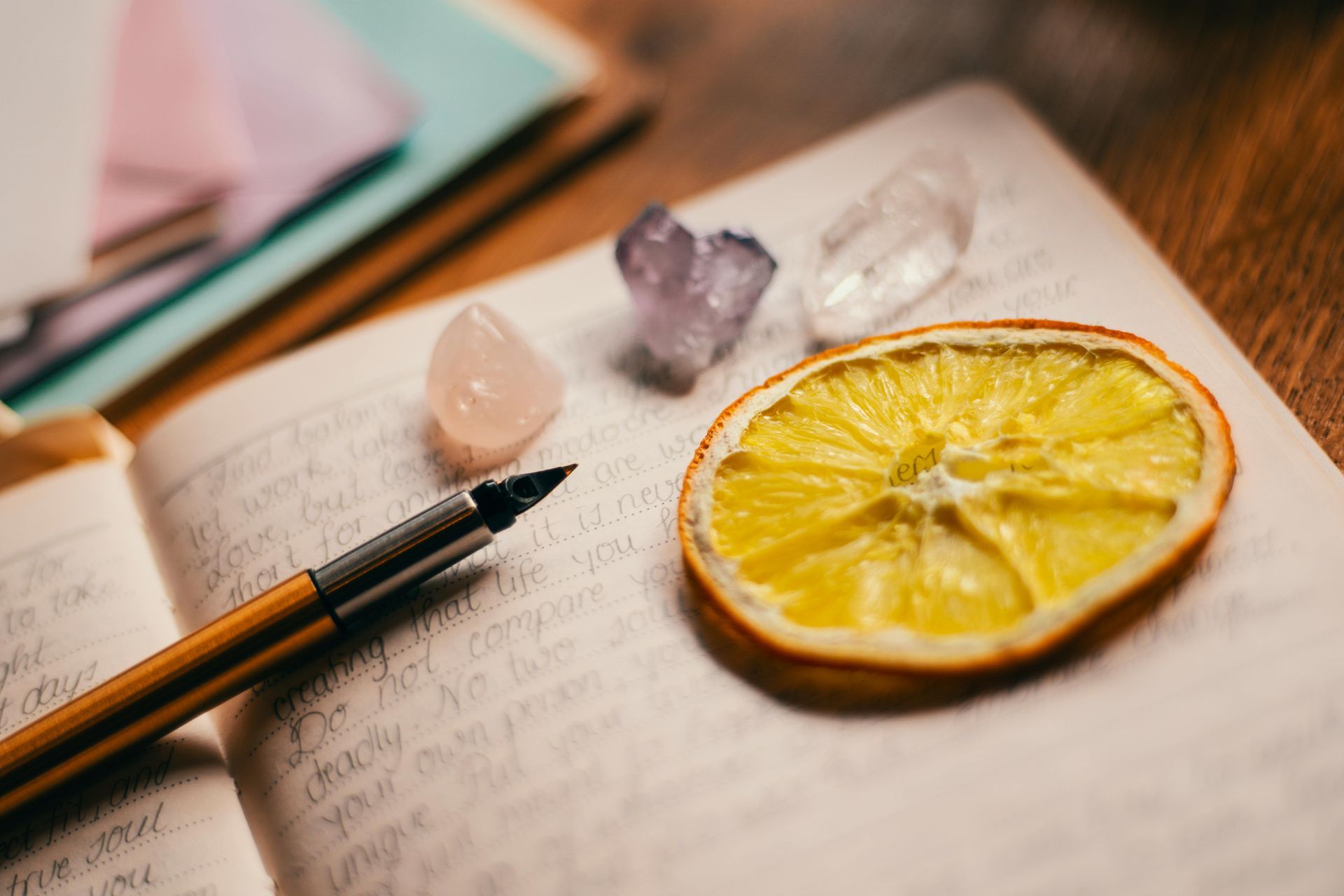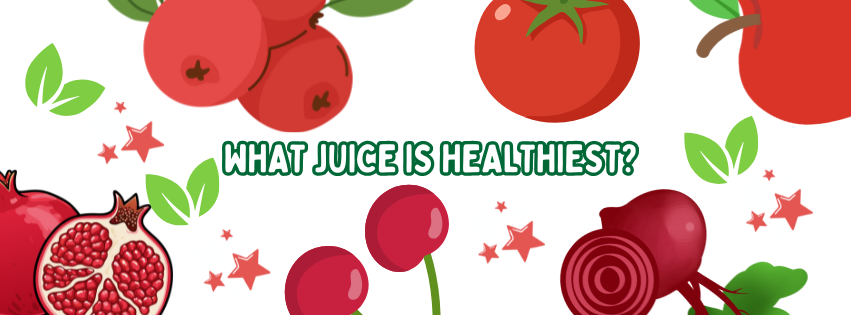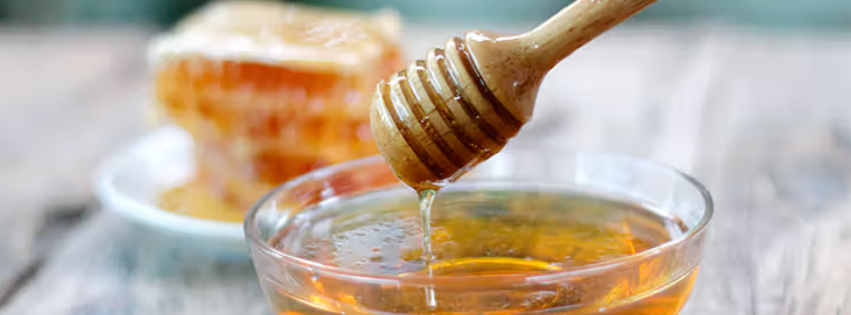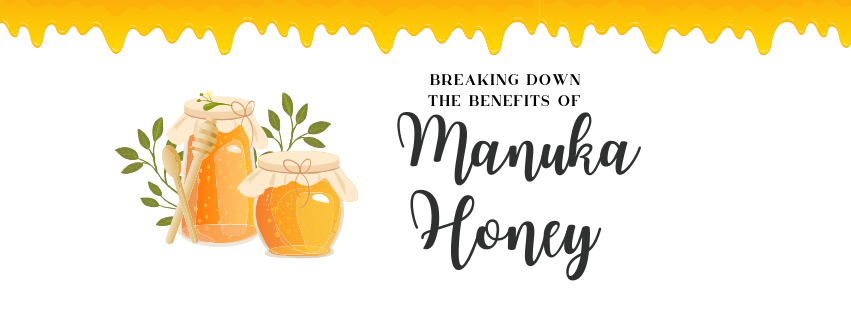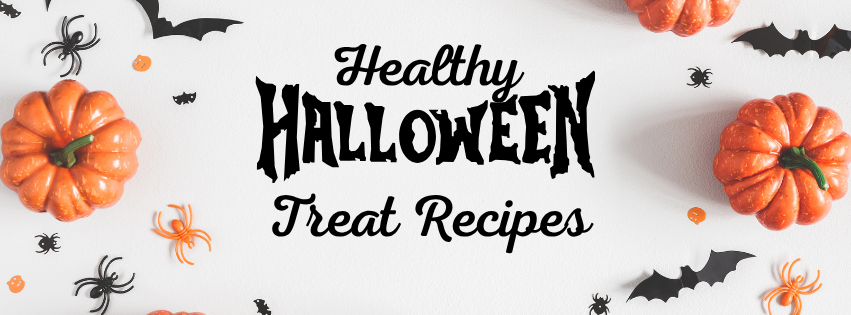Caffeine: The Fuel Behind Your Energy
Many of us can't go a day without caffeine. It has come to the point where a lot of us are reliant on it, so it's probably a good time to do a deep dive into caffeine and find out how healthy/harmful it is.
What is Caffeine?
Caffeine is a natural stimulant commonly found in tea, coffee, and cacao plants.
It stimulates the brain and central nervous system, helping you stay alert and prevents you from feeling tired.
How Does it Work?
Once consumed, caffeine is absorbed from the gut into the bloodstream.
It functions by blocking the effects of adenosine, which is a neurotransmitter that relaxes the brain and makes you drowsy.
What Are the Benefits?
Improved Brain Function
As stated above, caffeine works by blocking the brain-signaling molecule adenosine.
This causes an increase in other signaling molecules, such as dopamine and norepinephrine, which in turn, can benefit your mood and brain function.
One review reports that after participants ingested 37.5–450 mg of caffeine, they had improved alertness, short-term recall, and reaction time.
Metabolism
Because of the way it affects the central nervous system, caffeine may increase metabolism by up to 11% and fat burning by up to 13%.
In fact, 300 mg of caffeine per day may allow you to burn an extra 79 calories daily.
This amount may seem small, but it’s similar to the average yearly weight gain of 2.2 pounds.
Exercise Promotion
In regards to exercise, caffeine may help the body use more fat as fuel.
This can be helpful, as it allows glucose stored in muscles to last longer, which delays the time it takes your muscles to reach exhaustion.
It may also improve muscle contractions and help you deal with fatigue better.
May Protect Against Heart Disease and Diabetes
You may have heard that caffeine raises the risk of heart disease. This is NOT true.
Evidence shows a 16–18% lower risk of heart disease in men and women who drink between 1–4 cups of coffee daily.
Other studies show that drinking 2–4 cups of coffee or green tea per day is linked to a 14–20% lower risk of stroke.
It may also protect against diabetes.
A review noted that those who drink the most coffee have up to a 29% lower risk of developing type 2 diabetes. Similarly, those who consume the most caffeine have up to a 30% lower risk.
Negative Effects
Like all things, there is a limit to the benefits of caffeine.
Caffeine consumption is generally considered safe, although habit forming.
Generally, about 400 mg of caffeine is considered to be safe. This amounts to 2–4 cups of coffee per day
Some side effects of consuming too much caffeine include: anxiety, restlessness, tremors, irregular heartbeat, and trouble sleeping.
Too much caffeine may also cause headaches, migraine, and high blood pressure in some individuals.
Alternatives
If you don't enjoy consuming caffeine or are just looking for ways to increase your energy without it, there are several exercises you can practice:
Start With A Snack
If a food has a low sugar index, your body will absorb it slower than it would regularly, which doesn't lead to a sudden drop in energy. Try to make it something with a combination of carbohydrates, fats and proteins. Carbs will provide quick energy and the fat and protein will keep you full and stop your body from burning energy too fast.
Certain greens like spinach. collard greens or chards can also help you avoid an energy slump. Foods like these are naturally high in fiber, which can aid with glucose absorption and helps your blood sugar levels stay steady.
Exercise
Exercise, can be a great energy booster, even if it's just a simple walk. When you exercise, the cells in your body indicate that they need more energy. Our bodies are able to rise to the occasion and provide us with more. It can also trigger norepinephrine, which is a chemical in your brain that helps you feel awake and alert.
Take a Power Nap
A 20-minute nap is the perfect time to get the restorative benefits of the first couple of stages of sleep. Note that you should be careful napping for more than 20 minutes as it can lead to grogginess.
Also, avoid napping later in the day as it may disrupt your sleep cycle. Do not rely on naps to make up for a full good night's sleep.
Types of Caffeine Different From Coffee
Caffeine isn't just in coffee, it's in a whole bunch of other food and drinks as well like:
Coca Beans and Chocolate: Just like coffee beans, cocoa beans naturally contain caffeine. This means that all foods containing chocolate have some form of caffeine in them.
100% cocoa chocolate: 240 mg of caffeine — the equivalent of 2.5 cups of regular coffee
Bittersweet chocolate (55% cocoa): 124 mg of caffeine
Milk chocolate (33% cocoa): 45 mg of caffeine — around the amount of caffeine in a cup of black tea
Green Tea: Green tea is a natural source of caffeine, providing about 30–50 mg of caffeine per 8-ounce (240-mL) serving, depending on the age of the leaves used.
Gum:
Gum is a soft, rubbery substance that has caffeine added to it during production. Some brands can provide up to 50 mg of caffeine.
Conclusion
Caffeine is not as harmful as you might think and actually has a lot of benefits associated with it. Like all things, it should be used in moderation as too much caffeine can cause side effects like: headaches, migraines and high blood pressure.
But if you're feeling tired, you should be fine consuming a little bit of caffeine. It's best to stay alert and awake!
